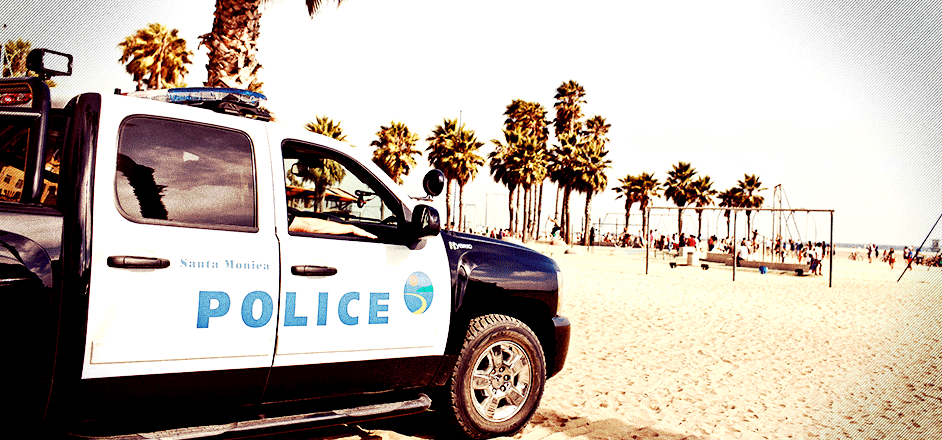The sun is out, the air is warming up, the birds are chirping, life is re-emerging and, of course, drunk beach-going party animals are crawling out of their college caves eager and anxious to crack a beer and start a game of snappa. These vibrant specimens have been hibernating all winter, holed up and dreaming of sunshine, thirsting for cold coronas, fantasizing of bikinis and boardshorts.
And now their time has come: Spring Break is upon us.
But unfortunately for these rowdy rogues (commonly known as “spring breakers”) beach towns and other popular party destinations around the country are cracking down on spring break debauchery. In places where these slaphappy hooligans were once safe to booze, schmooze and lose their sensibilities, now they face hostility and resistance.
In Orange Beach, Alabama, for instance, which has long been a hot spot for spring breakers, police are warning people that if they don’t behave they’re “going to jail.” Undercover officers will be patrolling the beaches throughout early April, sniffing out parties like a truffle pigs sniffing for truffles. The town itself will also be enforcing an alcohol ban from March 2nd through April 28th.
Then, there’s Miami Beach, a place synonymous with college spring break antics. Miami Beach this year issued letters to some 300 fraternities and sororities, on top of a $33,000 digital ad campaign, all to send a clear and threatening message to the young and hopeful partiers: “Come on spring break. Don’t leave on probation.”
 One of Miami Beach's poppy new ads…
One of Miami Beach's poppy new ads…
Miami Police stated that they would be patrolling the beaches with a squad of 25 geared up riot police to seize alcohol and drugs and to enforce the laws of the land.
"There is an increased police presence for a five-week, high-impact period," Ernesto Rodriguez, a Miami Beach police spokesman told CNN. "Our message is to be responsible and don't act up."
Right. And how well is that going for them? Since spring break in Miami kicked off in early March, about 100 people have been arrested every weekend. Violent spring breaker brawls have been breaking out in the streets, naked women are sprinting drunkenly through the city, people are flying out of cars, getting run over, and generally embodying the chaos that Miami Police had hoped to avoid.
So, Miami is fucked. What about Texas?
South Padre Island has become one of the favorite destination spring break vacation locations in the US in recent years. Their party scene hasn’t quite reached the level of insanity that Miami Beach is experiencing, but local authorities are working hard to mitigate it nevertheless. Their approach is an entirely different one, though.
Instead of using brute force, intimidating letters and riot squads, South Padre Island is using technology to clamp down on their party scene. On top of tripling their on-duty police officers for the month of Spring Break, South Padre Island is also employing license plates readers, cell phone heat maps, drones for monitoring crowds and social media to pick out and bust illegal parties. They’re coming at the problem more like Batman and less like the Hulk.
"We have embraced the trend of newer technologies," Randy Smith, the South Padre Island Chief of Police, told CNN. "We open ourselves up and embrace the spring break period. It is chaos, yes, but planned chaos is better than unorganized chaos."
That’s probably the healthiest attitude to have towards this crowd. Clearly their degeneracy isn’t great for the neighborhood image or property values. But even still, places like South Padre Island, Miami Beach and Orange Beach all rely to a large extent on these spring breakers to bring money into their community.
While the drunken antics might be a local irritation for a couple of weeks, it’s probably worth it in the long run. Between all the food, alcohol and retail sales these party animals bring to these communities, the payoff might be worth the trouble that invariably comes with them.




Leave a Reply